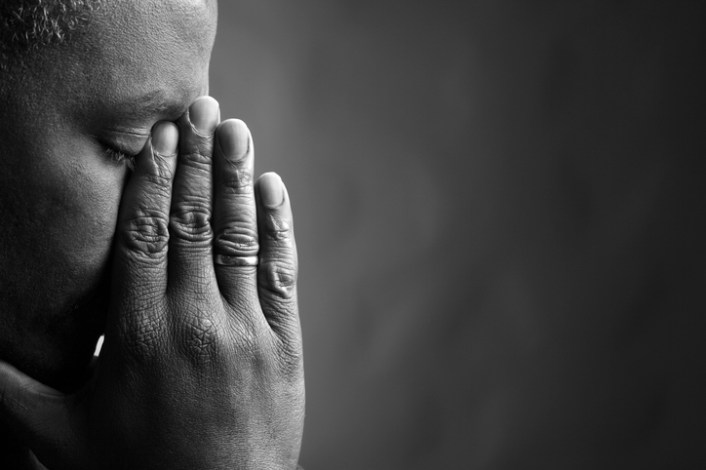CHICAGO, IL – Losing a loved one is a tragedy and the emotional burden can feel unbearable when someone else’s negligence or recklessness causes the death. It may seem daunting to deal with a wrongful death claim, but seeking justice and compensation can help your family move forward after an accident.
A skilled wrongful death lawyer can provide a clear understanding of what you need to do to reach a successful resolution and effectively prove a wrongful death claim.
Every state has a set of laws that apply to wrongful death claims. Read this week’s blog to learn the key aspects of these laws, including who is eligible to file a wrongful death claim in Illinois, what type of damages may be available and the time limits on filing this type of lawsuit in the state’s civil courts.
How Illinois Defines “Wrongful Death”
Under Illinois law, a wrongful death occurs when a person dies as a result of another party’s “wrongful act, neglect or default.” A wrongful death claim can be brought in any situation where the person could have brought a personal injury claim had he or she survived. Another party must step in and file a wrongful death claim on behalf of the deceased person.
Various types of events can be the basis for a wrongful death claim, such as:
- medical malpractice
- negligence-based incidents, including car accidents
- intentional acts like crimes
Who Can File a Wrongful Death Claim in Illinois?
In Illinois, a wrongful death claim must be filed by the personal representative, also known as the “executor, of the deceased person’s estate. If the deceased person dies without appointing a personal representative in their estate plan, the court may appoint a personal representative. That means the personal representative is responsible for pursuing the wrongful death claim, as well as carrying out other tasks related to the estate.
What Types of Damages are Possible in a Wrongful Death Case in Illinois?
In a successful wrongful death lawsuit, the court will award “damages” which are the plaintiff’s claimed losses to the deceased person’s survivors or estate. In Illinois, damages are paid to the deceased person’s surviving spouse or next of kin according to their level of dependency.
Damages are intended to compensate the deceased person’s survivors not only for the financial losses associated with the death but also for intangible losses suffered by the family. Some common types of damages awarded in Illinois include compensation for:
- survivors’ grief, sorry and mental suffering
- loss of financial support the deceased would have provided, such as lost wages and benefits
- loss of consortium which means the loss of companionship and loss of society
- loss of instruction, education and moral training the deceased would have provided to any surviving children
Depending on the state you live in, it may cap the amount of damages that can be awarded to a plaintiff in a wrongful death suit; however, Illinois currently has no such limit.
How Long Do I Have to File a Wrongful Death Lawsuit in Illinois?
Wrongful death lawsuits must be filed within a specific period of time which is set forth by a law known as the statute of limitations. In Illinois, the statute of limitations for a wrongful death lawsuit to be brought forth is two years from the date of the person’s death; however, if the person died as a result of “violent intentional conduct,” the lawsuit must be filed within five years from the date of their death.
Contacting a Wrongful Death Attorney in Illinois
If you’re considering filing a wrongful death lawsuit in Illinois, you should consult a personal injury or wrongful death lawyer right away. Wrongful death cases can be complex and an experienced attorney will help explain how Illinois law will apply to your specific situation.
If a friend or family member has become a victim of wrongful death, contact the Dinizulu Law Group today. The initial consultation is always free. If we take on your case, we will work on a contingency fee basis meaning we get paid for our services only if we recover money for you. Contact us today at (312) 384-1920 to hear how our lawyers can help you.



